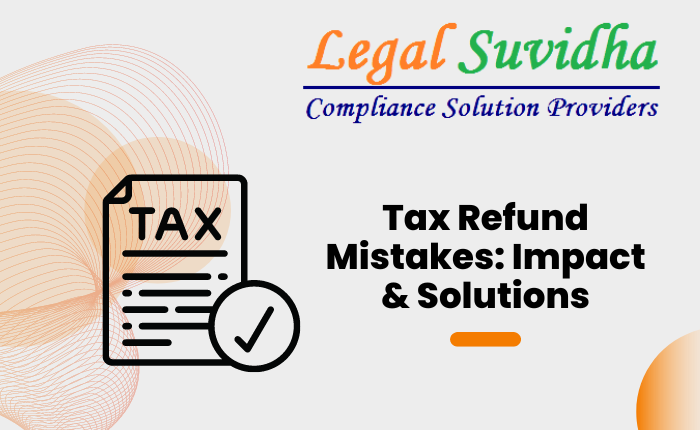Taxes are a fundamental aspect of a well-organized society. Governments rely on tax revenues to fund various societal needs and development projects. Individuals, businesses, and companies are obligated to pay taxes based on their income levels. Tax payments contribute to the overall progress and betterment of the community. This article explains the consequences and possible penalties linked to inaccurate claims for income tax refund
Balancing Taxation and Financial Incentives
- Tax deductions and exemptions are provided to encourage responsible financial behavior.
- These incentives are aimed at promoting saving and prudent financial practices.
- However, claiming these benefits without legitimate proof can have serious consequences.
Understanding the Significance of Accurate Tax Refund Claims
- The article delves into the potential penalties associated with incorrect income tax refund claims.
- These claims involve requesting a refund based on misleading or false information.
- Such actions can lead to legal repercussions and financial penalties.
- Taxation is portrayed as the cost societies pay for the privilege of living in a civilized manner.
Wide Range of Taxpayers
- Tax collection encompasses various entities, including individuals, households (HUF), firms, companies, LLPs, AOP/BOI, etc.
- All income-earning individuals are required to contribute their fair share of taxes.
- This obligation is seen as a responsibility toward the nation’s growth and development.
Income Tax Calculation and Deductions
- Income tax is determined based on tax slabs set by the government, particularly for individual taxpayers.
- Taxpayers are eligible for various deductions and exemptions to reduce their tax burden.
- These deductions are not automatic; they must be substantiated with actual expenses.
Claiming Deductions and Exemptions: Correctly and Honestly
- Examples of specific deductions, such as House Rent Allowance and medical expenses, require actual expenses to be incurred.
- Taxpayers should only claim deductions and exemptions that they are entitled to and have legitimately utilized.
- The goal of these provisions is to motivate saving and responsible financial choices.
The Problem of Incorrect Refund Claims
- Some individuals, including salaried employees, attempt to claim refunds by providing false information.
- This could involve wrongfully claiming exemptions and deductions under different sections of the Income Tax Act.
- Such actions can create complications for both taxpayers and tax professionals.
Consequences of False Refund Claims
- Making false refund claims can result in severe penalties, including fines of up to 200% of the claimed refund amount.
- Legal actions, such as prosecution and imprisonment, may also be pursued against the taxpayer.
- These consequences highlight the importance of accurate and honest tax reporting.
Section 139(8A) and Correcting Mistakes
- The Income Tax Act introduced section 139(8A) to address these issues.
- Taxpayers have the option to rectify their incorrect claims by repaying the wrong refund amount.
- A modest penalty, ranging from 25% to 50%, is applied to encourage timely corrections.
Choosing Responsibility and Avoiding Legal Complications
- Repaying wrong refund claims under section 139(8A) can lead to a more peaceful and stress-free life for taxpayers.
- Those who fail to rectify their mistakes may face legal action from the income tax department.
- Cases could be reopened, accurate tax recalculated, and penalties levied under section 270A of the Act.
Staying Vigilant, Accurate, and Compliant
- Claiming incorrect income tax refunds has significant legal implications.
- Taxpayers are urged to claim benefits only if they genuinely meet the criteria.
- Remaining vigilant, accurate, and compliant is vital for maintaining financial integrity and avoiding legal entanglements.
If You have any queries then connect with us at [email protected] or [email protected] & contact us & stay updated with our latest blogs & articles










